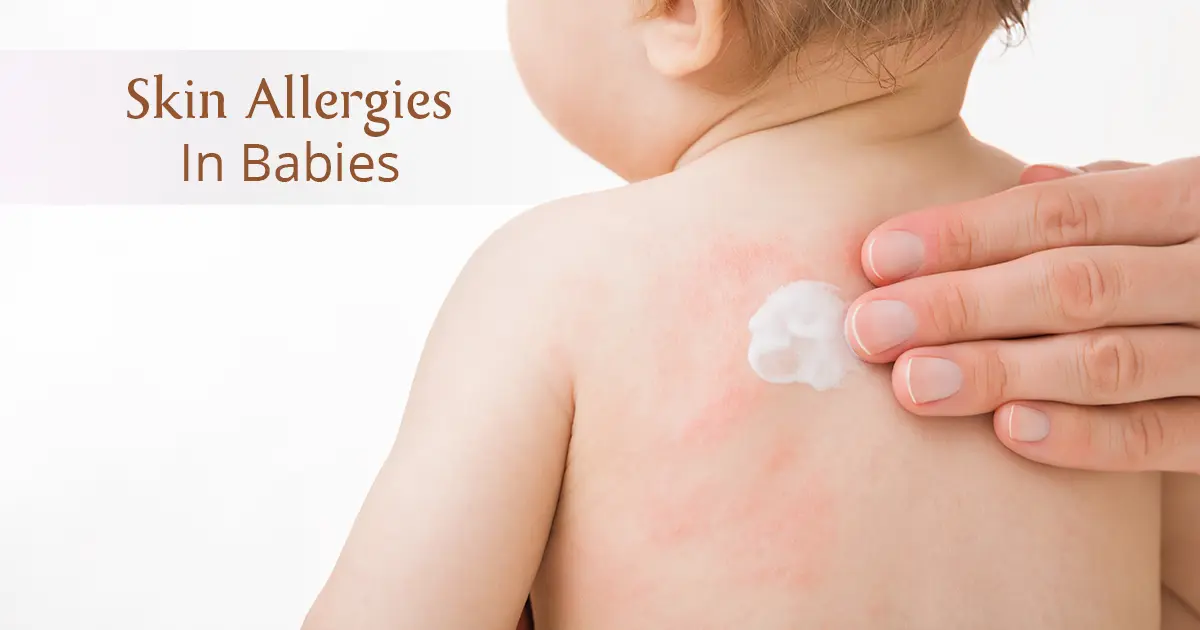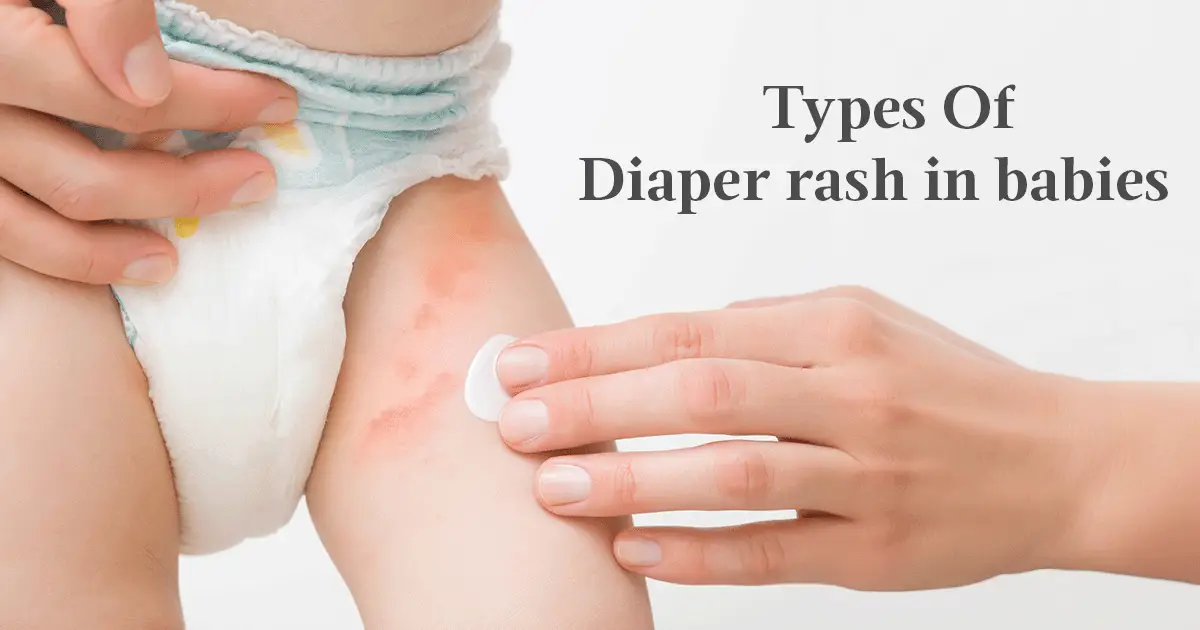
Seeing red, bumpy rashes on your baby's skin can be one of the hardest things for any parent. But the good news? Skin allergies are quite common in babies. Their developing immune systems and delicate skin make them more sensitive to various triggers. The silver lining is that most skin allergies are manageable and treatable with the right care. By understanding the causes, symptoms, and treatment options, parents can confidently handle these flare-ups. In this blog, let us take a closer look at skin allergies in babies and how you can effectively manage them.
What are Skin Allergies?
When the immune system is triggered by an allergen, it can affect the skin, causing red, bumpy, and itchy rashes. These reactions, which can lead to irritation and discomfort, are known as skin allergies.1
Common Allergens Causing Skin Allergies:
Skin allergies occur when skin is exposed to different allergens. Common allergens are:2
- Latex, pet dander, or poison ivy
- Cold or hot temperatures
- Pollen
- Sunlight
- Water
- Food
- Insects
- Drugs
Quick Glance at Skin Allergies in Babies
Babies' skin allergies develop when their immune system reacts to usually harmless items such as specific food, clothing, soaps, or even external factors. A baby's immune system and skin barrier are still developing, making them more sensitive and susceptible to allergic reactions.
According to research, infants with eczema, dry skin, or excessive transepidermal water loss (TEWL) at three months are more likely to develop allergic reactions by six months. This emphasises the necessity of having a strong skin barrier to avoid allergies.3
These reactions typically show up as:2
- Red or inflamed skin
- Itchy or dry patches
- Rashes or hives (raised, red bumps)
- Cracked, weepy, or scaly skin in severe cases
Types Of Skin Allergies in Babies:
Eczema:
According to CDC data, about 10.8% of children aged 0–17 years in the United States have been diagnosed with eczema or other skin allergies. This shows just how common these conditions are—and highlights the importance of recognising symptoms early and managing them with care.4
Eczema is one of the most common skin conditions seen in babies and young children. It usually appears on the cheeks, forehead, or scalp but can also spread to other areas like the arms and legs. If your baby has eczema, you may notice their skin is itchy, dry, red, and bumpy, sometimes even cracked or oozing in severe cases.
Eczema (also called atopic dermatitis) is not contagious, but it can be uncomfortable for your little one. It is often triggered by everyday factors such as:5
- Rough fabrics or tight clothing
- Heat and sweating
- Dry air or sudden changes in temperature
- Harsh soaps, bubble baths, or detergents
- Environmental allergens like dust mites, pet dander, or pollen
Hives
Hives, also known as urticaria, are red, raised, and itchy patches or welts that suddenly appear on the skin. These rashes can vary in size and shape. They may disappear quickly or persist for a longer time.
If hives last for more than six weeks, they are referred to as chronic hives.
Chronic hives can disrupt sleep, interfere with daily activities, and cause significant itching and discomfort.6
Food Allergy Reactions:
According to CDC data, approximately 27% of children with food allergies report having eczema or other skin allergies—compared to just 8% among those without.
Food allergy symptoms can appear within minutes to two hours after eating the allergenic food—and sometimes even hours later.7
Common Skin-Related Symptoms of Food Allergies:
• Tingling or itching in the mouth
• Hives (urticaria), itching, or eczema
• Swelling of the lips, face, tongue, or throat
8 Tips to Prevent Skin Allergies in Babies
Most common newborn baby skin allergies can be avoided by taking a few easy precautions. Keeping the baby's skin clean and moisturised is crucial in this regard.5 6
Here are some ways you can prevent skin allergies:
- Avoid using soap when bathing your infant regularly. Soap has a drying effect and, if used frequently, can leave your baby's skin flaking and depleted of its natural oils.
- Use a light cream to moisturise your baby's skin after each bath.
- Keep your baby safe from insects and bugs. To keep insects at bay, install nets on your home's windows and dress your kid in full trousers and long sleeves when going outside, especially if you are visiting parks or open places.
- Dress your infant in breathable fabric to reduce perspiration.
- Check food ingredients for allergens before feeding your infant. This allows you to avoid most, if not all, of the common food allergies.
- Keep your baby's room at a suitable temperature. It should not be too hot or too cold.
- If someone in your family has a skin allergy, keep the baby away from them to prevent direct contact.
- Always dress your infant in soft cotton fabric. Synthetic clothing can be uncomfortable and harsh, in addition to containing allergens.
Final thoughts
When it comes to skin allergies in babies, gentle care, mindful observation, and a bit of prevention can make a world of difference. Skin allergies may be common, but they are also manageable—and often preventable.
Understanding the root cause of a skin allergy helps you stay a step ahead. And don’t forget, your baby’s immune system is still developing, which is why extra attention to their environment, skincare routine, and diet is also essential.
If you notice any persistent skin issues—like redness, swelling, or hives that don’t go away—it is always best to consult your paediatrician immediately









.webp)

